The Minimalist’s Guide To Hurricane Preparedness
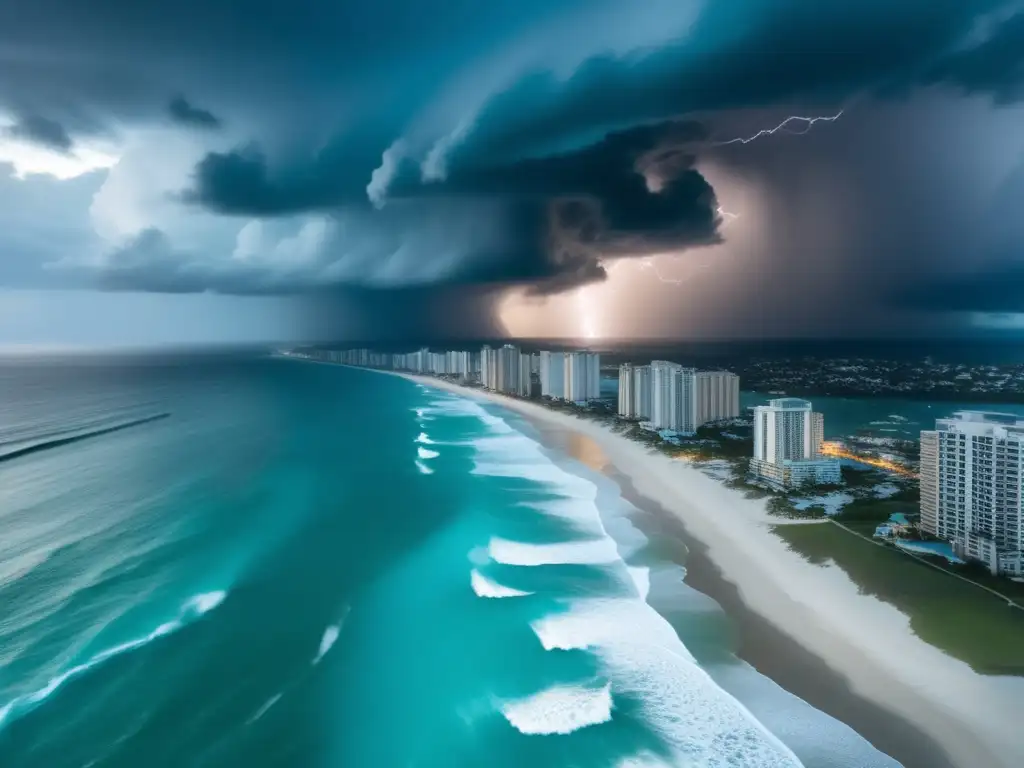
The Minimalist’s Guide to Hurricane Preparedness
Introduction
A hurricane is a very destructive and dangerous natural disaster, which can cause catastrophic damage in only a matter of hours. While hurricane preparation may seem daunting and complicated, it is essential to ensure the safety of your family and minimize damage to your property.
This article will explore the minimalist’s guide to hurricane preparedness, covering the basics you need to know to keep you and your loved ones safe during a hurricane. It is imperative to note that hurricanes are unpredictable, and this guide is not intended to provide an exhaustive list of all things to consider when facing one.
Hurricane Basics
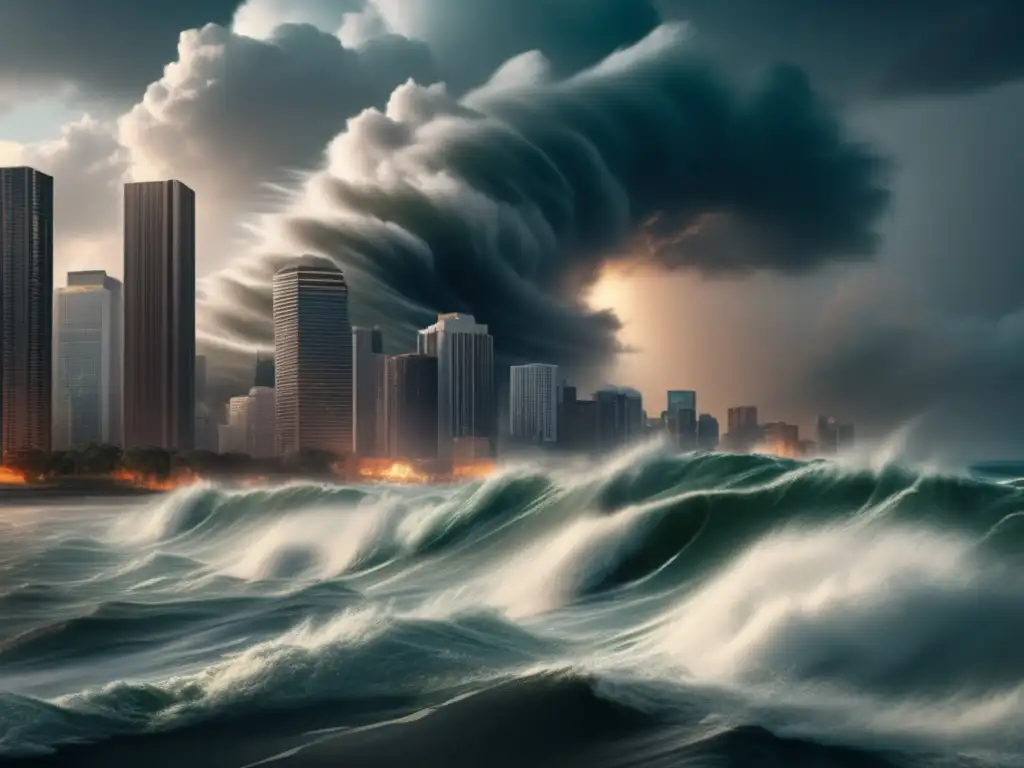
What is a Hurricane?
A hurricane is a large storm with winds above 74 mph that forms over warm ocean waters. They are classified using the Saffir-Simpson Hurricane Wind Scale, which categorizes them from Category 1 to Category 5 according to their sustained wind speed. Hurricanes usually form between June and November and can last for several days.
How Do Hurricanes Form?
Hurricanes form when warm, moist air over the ocean rises and condenses, forming clouds. This process releases heat, which warms the surrounding air and causes more rising and condensation. As the wind patterns develop, an area of low pressure is created on the surface, which leads to strong winds and storms.
What is the Potential Impact of a Hurricane?
Hurricanes can have a significant impact on people and the environment. Some potential impacts of a hurricane include:
- Strong winds causing widespread power outages and structural damage to homes, businesses, and infrastructure.
- Heavy rain leading to flooding and landslides, damaging properties, and causing road closures.
- Storm surges, which can cause extensive coastal flooding and lead to significant erosion of beaches and dunes.
- Tornadoes, which can form during the hurricane and cause additional damage.
Hurricane Preparedness
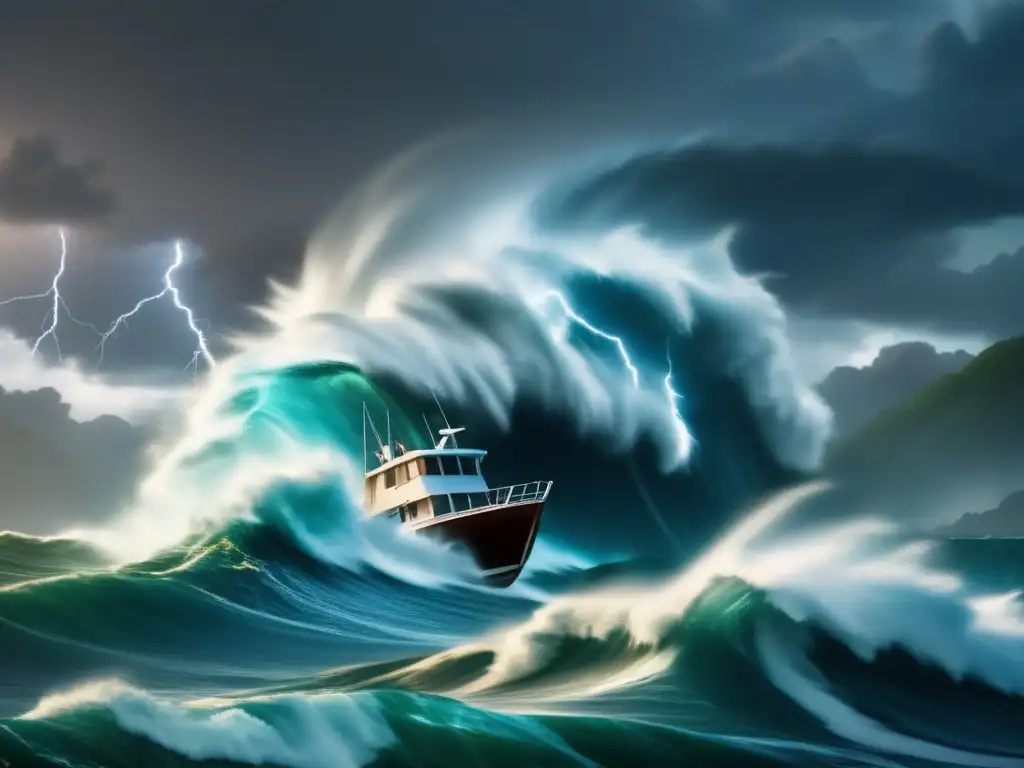
Create a Hurricane Plan
The first step in hurricane preparedness is to create a hurricane plan. The plan should include details such as:
- An evacuation plan, including routes, destinations, and transportation if necessary.
- A list of emergency contacts.
- A safe room in your home for sheltering from the storm.
- A checklist of items you will need, such as food, water, medical supplies, and important documents.
Build an Emergency Kit
An emergency kit is a collection of essential items that you may need during and after a hurricane. Your kit should have enough supplies to last for at least three days. In general, your kit should include:
- Non-perishable food items such as canned goods and dried fruits and nuts.
- Bottled water
- First aid kit
- Flashlights and extra batteries
- Manual can opener
- Cash
- A battery-powered or hand-crank radio
Secure Your Home
Securing your home before the storm is crucial to minimize damage. Some steps you can take include:
- Bringing in all outdoor furniture, decorations, and garbage cans.
- Boarding up windows or using hurricane shutters to prevent wind and debris from entering the house.
- Reinforcing garage doors to prevent them from buckling under high winds.
- Trimming trees and removing dead or weak branches that can fall during a storm.
Stay Informed
Before, during, and after a hurricane, stay informed by listening to news updates on the radio or television. Make sure you know the latest storm track and any evacuation orders for your area. The National Hurricane Center is an excellent source of information and provides regular updates during hurricanes.
Consider Insurance
Hurricanes can cause significant damage that may be costly to repair. It is crucial to have adequate insurance coverage for your home and personal property. Check with your insurance provider to ensure that your policy includes protection against flood and wind damage, as not all policies do.
Frequently Asked Questions

-
What should I do if I am unable to evacuate before a hurricane hits?
If you cannot evacuate before the hurricane hits, find a safe room in your home to shelter in place. Make sure it is a small, interior room, preferably without windows. Stay tuned to news updates and follow the guidance of local authorities.
-
How much food and water should I have in my emergency kit?
It is recommended to have at least one gallon of water per person per day. For food, aim for non-perishable items that require no cooking or refrigeration, such as canned goods and dried fruit and nuts. Plan for at least a three-day supply.
-
What should I do after a hurricane has passed?
After the hurricane has passed, be careful when returning home as there may be debris and hazards. Check your home for damage and take pictures if possible. Boil tap water before drinking it to ensure it is safe. Contact your insurance provider to report any damage.
-
Can I use a generator during a hurricane?
Generators can be useful during power outages, but they must be placed outside and away from open windows or doors to avoid carbon monoxide poisoning. Make sure you have enough fuel to last through the storm, and follow all manufacturer instructions carefully.
-
Is it safe to go swimming during a hurricane?
No, it is not safe to go swimming during a hurricane. The surging waves and rip currents can be extremely dangerous and potentially life-threatening.
Conclusion
Hurricane preparedness is essential for anyone living in hurricane-prone areas, but it can seem overwhelming at first. This minimalist’s guide provides the basics you need to know to prepare for a hurricane safely. Remember, preparation is key, so make sure to create a hurricane plan, build an emergency kit, secure your home, stay informed, and consider insurance coverage. Stay safe!
If you found this article helpful, please share it on social media and let others know about HurricaneInsider.org. We would love to hear your thoughts, so please feel free to leave a comment below.
Additional Resources

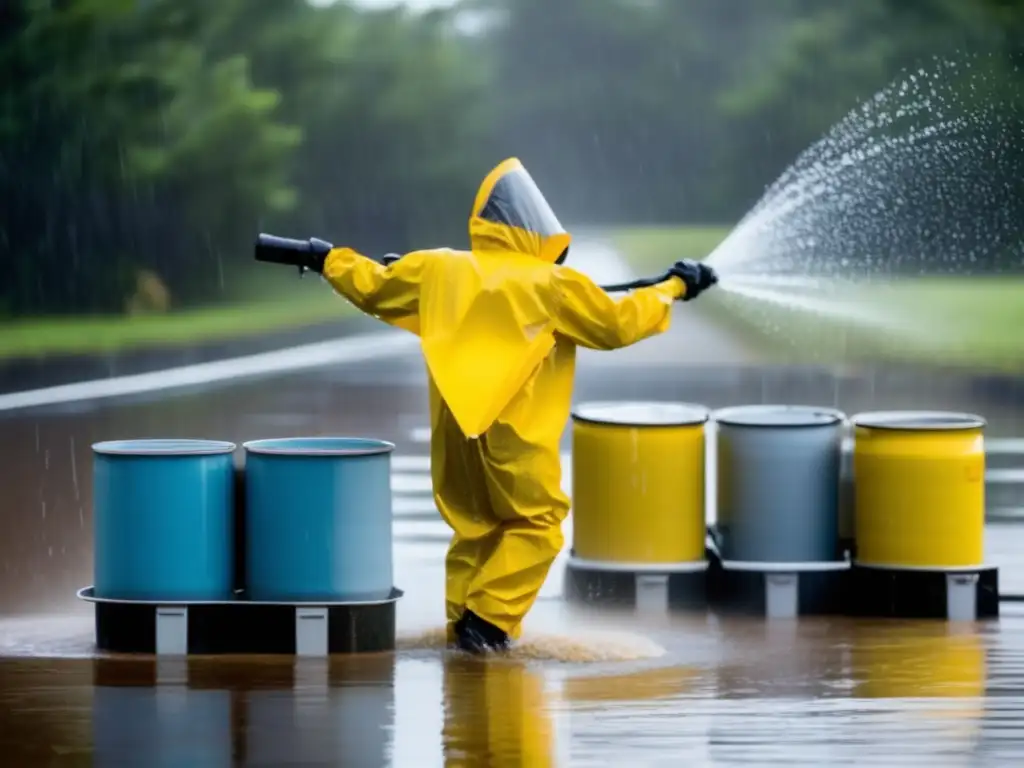 Rain Harvesting: Utilizing Rainwater During Hurricanes
Rain Harvesting: Utilizing Rainwater During Hurricanes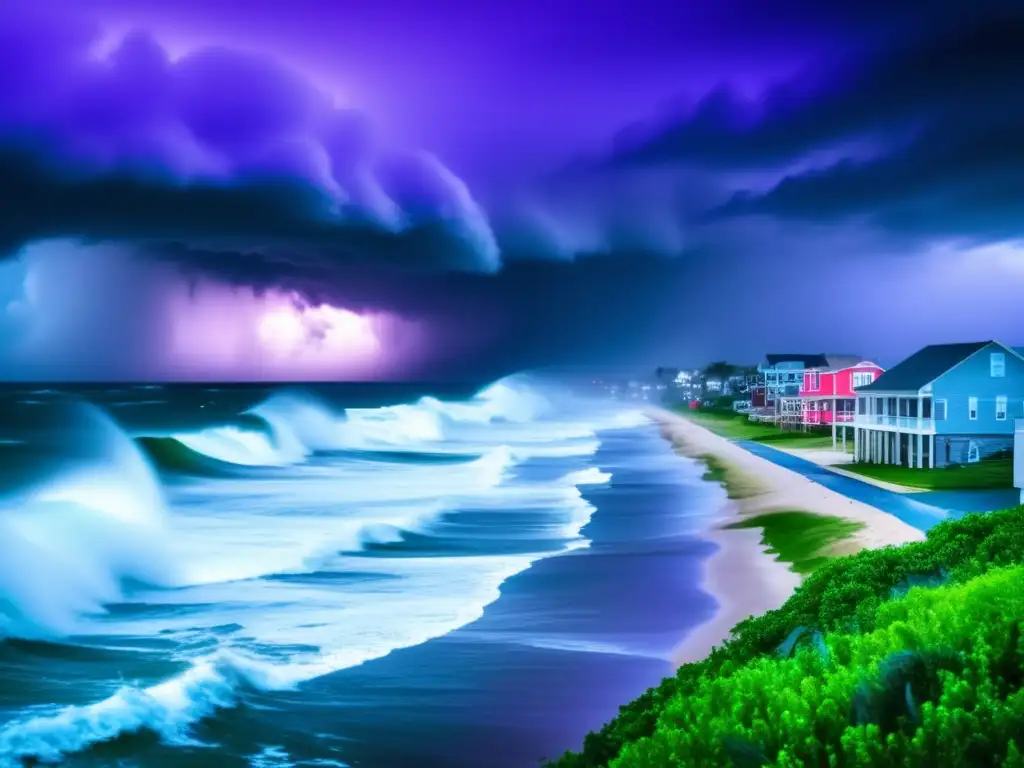 Homemade Solutions For Protecting Your Home From Hurricanes
Homemade Solutions For Protecting Your Home From Hurricanes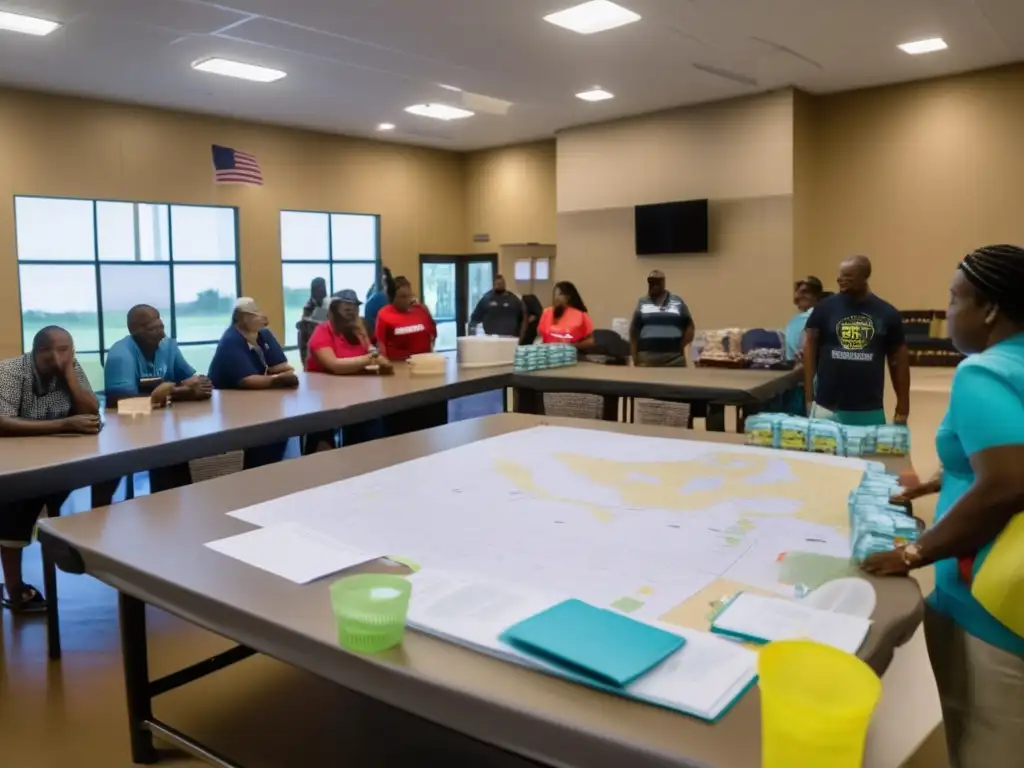 Helping Hands: Getting Involved In Community Hurricane Preparedness
Helping Hands: Getting Involved In Community Hurricane PreparednessIf you want to discover more articles similar to The Minimalist’s Guide To Hurricane Preparedness, you can visit the Hurricane preparedness: category.
Leave a Reply

Articulos relacionados: